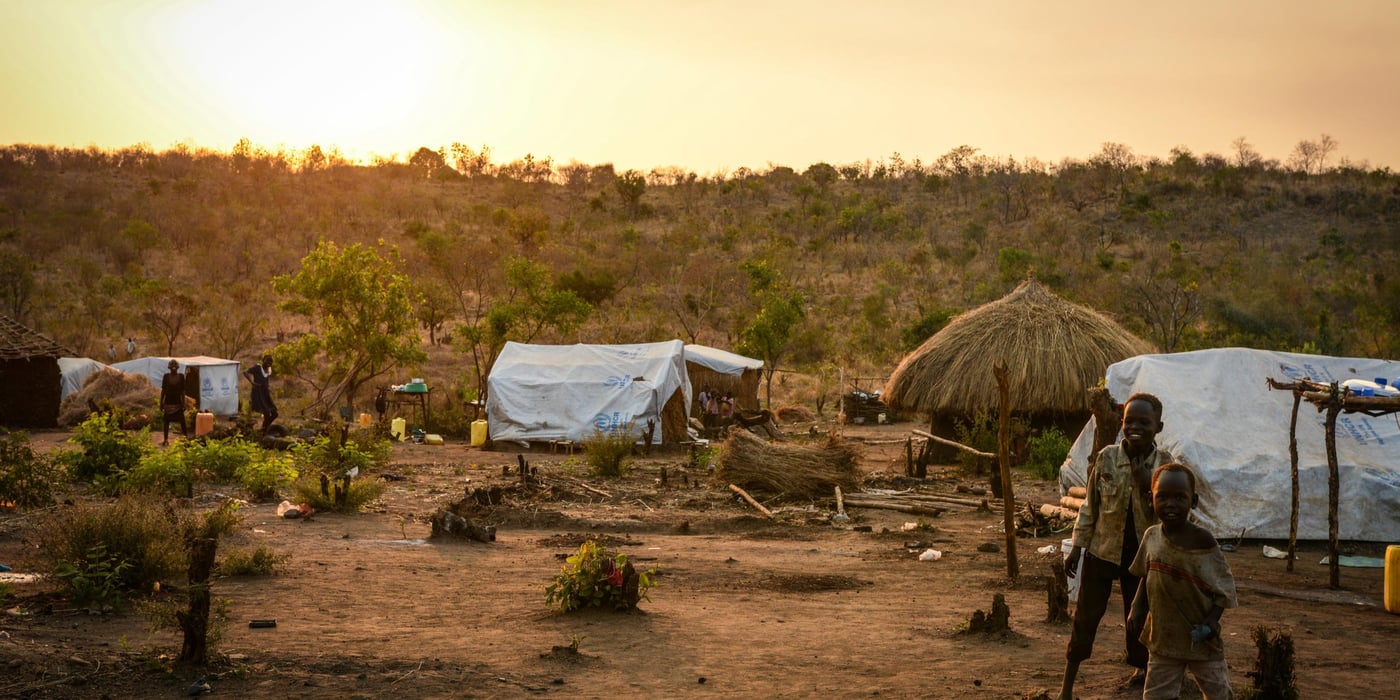
The US decision to withdraw exemplifies the fear of the strongest country on earth for the most vulnerable. Nothing in the New York Declaration for Refugees and Migrants or the discussions to date on the Global Compact on Migration undermines the sovereign right of states to determine who may enter and remain in their territories. The goal of the process is to develop a better planned global migration regime that works for both sovereign states and the migrants themselves. As the beneficiary of migration and as the haven for the persecuted since its founding, the US stands to benefit from a successful outcome of these negotiations. Instead, it has opted out entirely.
“As with climate change and refugee resettlement, the US is showing once again that America First is incompatible with US leadership on important global problems,” said Joel Charny, the Director of Norwegian Refugee Council (NRC) in USA. “NRC is deeply concerned that the next logical step for the Trump administration will be to withdraw from the refugee compact negotiations, making it more difficult for the world’s nations to agree on solutions to protect 65 million conflict-affected displaced people,” said Charny.
NRC is gratified that many member states are engaging constructively in these processes. Especially noteworthy is the involvement of Ethiopia in the refugee compact process. Following up on the 2016 New York summit on refugees and migrants, Ethiopia has reformed its refugee law, considering alternatives to camps for refugees, and worked with international partners to develop long-term sustainable solutions for refugees. Countries in Central America, such as Honduras, are putting together action plans to respond to displacement.
“If Ethiopia and Honduras, and Jordan and Uganda, can lead in their response to refugees, then so must the US,” added Charny. “As disruptive as the US withdrawal is for the migrant compact process, it is equally vital that the US remain engaged in the refugee compact negotiations and see that process through to a successful conclusion for those vulnerable people forced from their homes by conflict.”
For addition comments, please contact us: info@nrc.no or +47 905 62329

